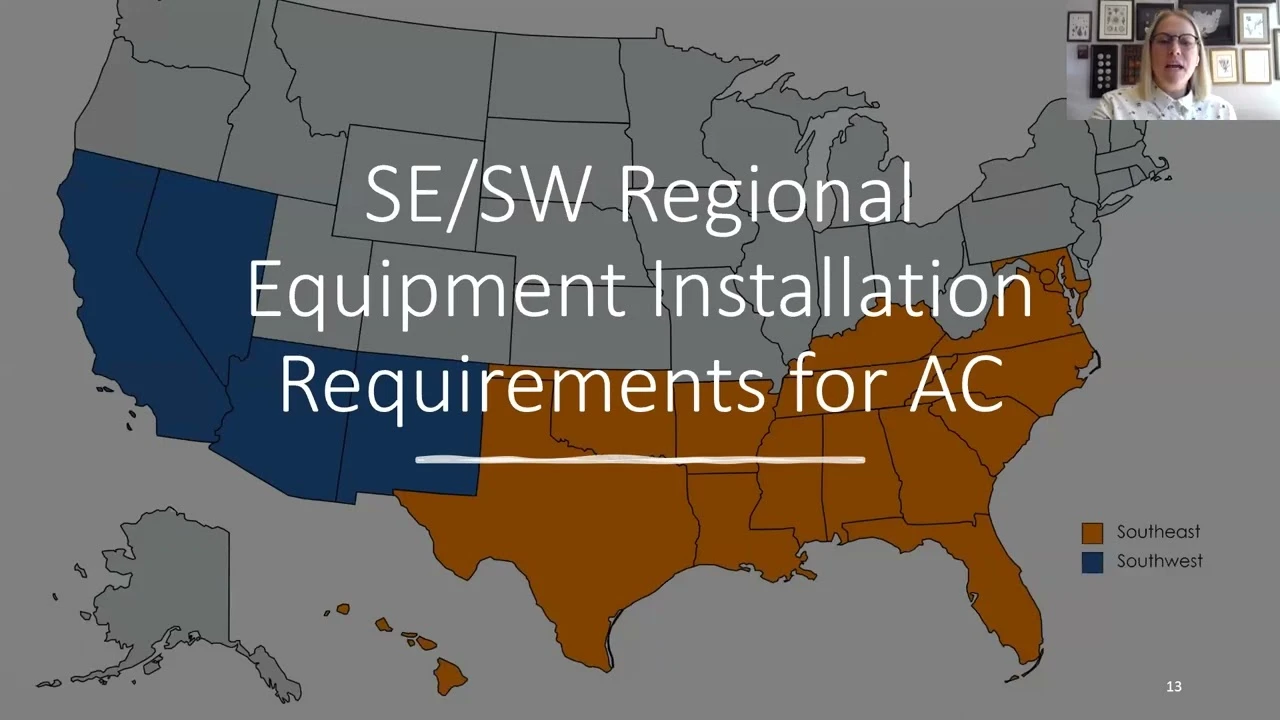E-commerce Regulations in SEA & Mexico: A 2025 Update
Sample meta description.

Navigating the E-commerce Regulatory Landscape in Southeast Asia and Mexico in 2025: A Deep Dive into Compliance
Hey everyone! So, you're diving into the awesome world of e-commerce in Southeast Asia (SEA) and Mexico, huh? Smart move! These markets are BOOMING. But hold up! Before you start counting your pesos and baht, you gotta wrap your head around the regulations. Think of it like this: you wouldn't drive a Ferrari without a license, right? Same deal here. This ain't your grandpa's online store anymore; it's a whole new ballgame, and the rules are constantly changing.
This guide is your cheat sheet to understanding the ever-evolving e-commerce regulations in SEA and Mexico as of 2025. We’re talking data privacy, consumer protection, tax laws, and everything in between. We’ll break it down in plain English (well, mostly!) so you can keep your business legal and avoid any nasty surprises.
Key E-commerce Regulations impacting SEA & Mexico in 2025: Data Privacy Laws and Consumer Protection
Let's start with the big one: data privacy. Think of it as keeping your customers' secrets safe. In SEA and Mexico, data privacy laws are getting stricter. You can't just collect and use customer data willy-nilly. You need consent, you need to be transparent about how you're using it, and you need to protect it from hackers and snoops. Think GDPR, but with a regional twist. For example, in countries like Vietnam and Indonesia, data localization requirements are becoming more common. This means you might need to store your customer data within the country's borders. That’s a HUGE deal if you’re using cloud services based elsewhere.
Then there's consumer protection. Customers in SEA and Mexico are getting savvier and demanding more. They want clear product descriptions, easy returns, and reliable customer service. If you're selling something that's not as advertised, or if your return policy is a nightmare, you're gonna get burned. Word spreads fast on social media, and a bad reputation can kill your business faster than you can say "canceled order."
Tax Implications and E-commerce VAT in SEA & Mexico: Understanding Cross-Border E-commerce Tax Laws
Okay, let's talk about the stuff nobody likes: taxes. But trust me, ignoring taxes is a recipe for disaster. In SEA and Mexico, e-commerce VAT (Value Added Tax) is becoming more common. This means you're responsible for collecting and remitting VAT on your sales. And it's not just for local sales; it applies to cross-border sales too! So, if you're selling products from the US to Mexico, you need to understand Mexican VAT laws. It’s complicated, I know. Get a good accountant who specializes in international e-commerce. Seriously, it's worth every penny.
Also, keep an eye on digital services taxes. Some countries in SEA and Mexico are starting to tax digital services like online advertising and cloud computing. This can impact your bottom line, so you need to factor it into your pricing strategy.
Specific E-commerce Regulatory Differences across SEA Nations: Comparing Regulations in Indonesia, Vietnam, Thailand, and the Philippines
Don't make the mistake of thinking that all of SEA is the same. Each country has its own unique set of regulations. Indonesia is a HUGE market, but it also has some of the strictest regulations. Vietnam is growing fast, but it's still a bit of a wild west when it comes to enforcement. Thailand is more developed, but it's also more bureaucratic. And the Philippines? Well, let's just say it's…unique. You need to do your research and tailor your strategy to each country.
For example, Indonesia has strict requirements for registering your business and obtaining the necessary licenses. Vietnam has complex rules for cross-border payments. Thailand has specific regulations for selling certain types of products, like pharmaceuticals and cosmetics. And the Philippines... well, good luck navigating the bureaucracy! The point is, you can't just copy and paste your strategy from one country to another. You need to be flexible and adapt to the local environment.
E-commerce Regulations in Mexico: A Comprehensive Overview of Mexican E-commerce Laws and Compliance
Mexico is a whole different beast. It's a big market, but it's also got its own set of challenges. The regulations are less developed than in some SEA countries, but they're catching up fast. Data privacy is a big concern, and the government is cracking down on companies that don't protect customer data. Consumer protection is also important, and customers are becoming more aware of their rights. And, of course, there's taxes. VAT applies to e-commerce sales, and you need to understand the rules for collecting and remitting it.
One thing to watch out for in Mexico is counterfeit goods. It's a big problem, and the government is trying to fight it. If you're selling products in Mexico, you need to make sure they're authentic and that you're not infringing on anyone's intellectual property rights.
Product Recommendations for E-commerce in SEA & Mexico: Top Selling Products, Use Cases and Pricing Comparisons
Alright, let's get to the fun stuff! You want to know what products are hot in SEA and Mexico, right? Here are a few ideas:
Smartphone Accessories
Everyone's got a phone, and they all need accessories! Think phone cases, screen protectors, chargers, and headphones. The use case is obvious: protecting and enhancing the phone experience. Here's a quick comparison:
- Generic Phone Case: Protects against scratches and minor drops. Price: $5-$10.
- Premium Rugged Case: Offers superior protection for outdoor enthusiasts. Price: $20-$40.
- Wireless Charging Pad: Convenient charging solution. Price: $15-$30.
Sell through platforms like Shopee and Lazada in SEA, and Mercado Libre in Mexico. Focus on durability and stylish designs.
Cosmetics and Skincare
The beauty industry is booming in both regions. Think skincare products tailored to tropical climates, makeup for everyday use, and hair care products that combat humidity. Consider these:
- Sunscreen SPF 50: Essential for protecting skin from harsh sun. Price: $8-$15.
- Lightweight Foundation: Provides coverage without feeling heavy. Price: $12-$25.
- Anti-Frizz Hair Serum: Tames frizzy hair in humid conditions. Price: $10-$20.
Highlight natural ingredients and focus on addressing specific skin concerns common in these regions. Social media marketing is KEY.
Home Goods and Decor
As more people move into urban areas, there's a growing demand for stylish and affordable home goods. Think minimalist furniture, space-saving organizers, and decorative items with a local flair.
- Foldable Storage Boxes: Maximize space in small apartments. Price: $5-$12.
- Bamboo Serving Tray: Adds a touch of natural elegance. Price: $15-$25.
- LED String Lights: Create a cozy ambiance. Price: $8-$15.
Partner with local artisans to offer unique and handcrafted items. Focus on functionality and aesthetic appeal.
Fashion Apparel
Clothing is always a popular category. Think trendy apparel, comfortable everyday wear, and accessories like bags and shoes. Consider these:
- Lightweight Cotton T-shirts: Breathable and comfortable for hot weather. Price: $8-$15.
- Denim Shorts: A versatile wardrobe staple. Price: $15-$25.
- Canvas Tote Bag: Stylish and practical for everyday use. Price: $10-$20.
Offer a wide range of sizes and styles to cater to diverse body types. Use high-quality photos and videos to showcase your products.
Staying Compliant with E-commerce Regulations in SEA & Mexico: Best Practices for E-commerce Businesses
Okay, so how do you actually stay compliant with all these regulations? Here are a few best practices:
- Get legal advice. Seriously, don't try to figure this out on your own. Hire a lawyer who specializes in international e-commerce law.
- Stay up-to-date. Regulations are constantly changing, so you need to stay informed. Subscribe to industry newsletters, attend conferences, and follow relevant government agencies.
- Be transparent. Be upfront with your customers about how you're collecting and using their data. Make your privacy policy easy to find and understand.
- Offer excellent customer service. Respond to customer inquiries promptly and professionally. Make it easy for customers to return products if they're not satisfied.
- Protect your data. Invest in security measures to protect your customer data from hackers and snoops.
Listen, navigating the e-commerce regulatory landscape in SEA and Mexico can be a challenge. But it's also an opportunity. By understanding the rules and playing by them, you can build a successful and sustainable business in these exciting markets. Good luck!
:max_bytes(150000):strip_icc()/277019-baked-pork-chops-with-cream-of-mushroom-soup-DDMFS-beauty-4x3-BG-7505-5762b731cf30447d9cbbbbbf387beafa.jpg)






